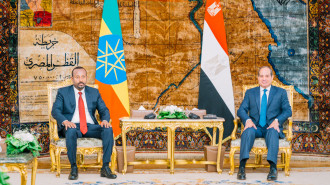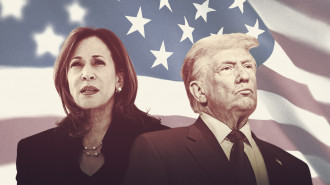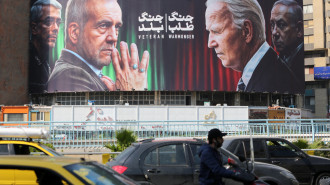Libyan media fuelling violence
Under Gaddafi, there had been only two television channels and four newspapers.
By 2012, there were more than 50 television channels and dozens of newspapers and radio stations. From the beginning, many were politically aligned, but there were also many journalists determined to act as independent critics of the powerful.
But the subsequent breakdown of this emerging public sphere has left the country in a frightening place. As the various militias groups solidified their strength, however, they have shown little tolerance for these press freedoms.
Now, as the country descends ever deeper into an increasingly internationalised proxy war, there is a virtual media blackout, for foreign and domestic media alike.
Silencing the media
Bochra al-Huny, a former television presenter and media advocate, says that, after the fall of the Gaddafi regime in 2011, the militias succeeded in silencing most critical journalists - forcing many into exile or to quit their professions entirely.
| The militias are manipulating the media, and unfortunately this means the media is full of hateful rhetoric. - Bochra al-Huny, media activist |
Media offices and journalists' homes have been raided or even burnt down.
"The militias are manipulating the media, and unfortunately this means the media is full of hateful rhetoric," she said in an interview in Tunis.
"There's no free media, we are lying if we say we have any media. We don't."
In the west of the country, journalists critical of the Libya Dawn alliance have been targeted. In the east, criticism of General Khalifa Haftar's Operation Dignity has also been "purged".
Each side has media outlets advocating their cause, and no other outlets are tolerated. Many TV presenters act like judges, making accusations against their political enemies, often with little concrete evidence or the right of reply.
Most of the radio stations have, these days, stopped airing political news - and almost all of the newspapers have been closed.
By 2014, the Committee for the Protection of Journalists classed Libya as the second most dangerous country for media workers - in terms of the numbers forced to flee their country - after Syria.
Bad to worse
Last week, Human Rights Watch released a report, War on the Media: Journalists Under Attack in Libya.
| What's going on in Libya? | |
|
The General National Congress was the Islamist-led elected body ruling Libya for two years following Gaddafi's ousting and death. After its 18-month deadline to form a new constitution passed in January 2014, the body resolved to extend its mandate. |
Joe Stork, deputy head of the North Africa and the Middle East region for HRW, says that, while 2014 was the worst year for media freedom, the attacks on Libyan media began in 2012.
Between late 2012 until November 2014, HRW documented at least 91 cases of threats against journalists, including 30 kidnappings, and eight killings. None of these cases were ever investigated.
Media outlets that has survived these assaults are strongly biased.
"The media now, instead of being part of the solution, is part of the problem," says Roda Fhelboom, a media trainer and human rights activist.
"They don't differentiate between hate speech and freedom of expression, and they don't differentiate between journalism and accusation."
Green light for mass killings
In the months leading up to the Rwandan Genocide, the international community turned a blind eye to the growing level of hate speech being spewed out by the now notorious Radio Libre des Mille Collines Television, which called for the massacre of Tutsis.
The International Criminal Tribunal for Rwanda would later sentence two of its directors to 30 year sentences - setting a precedent against hate speech in international law.
Propaganda is integral to any war, but it is all the more dangerous in a civil war where so many ordinary civilians have arms. The media also played a critical role in turning Bosnians against each other in the 1990s, and in helping fuel Iraq's sectarian strife after the 2003 US-led invasion.
Neighbours turn on neighbours, and communities are forever destroyed.
These days, the link between a pattern of hateful media reports is clearly recognised as a warning light that a campaign of mass violence is imminent.
As Francis Deng, the United Nations Special Advisor on the Prevention of Genocide (OSAPG), declared in 2010, acts of mass killing are rarely spontaneous. Typically, populations "undergo collective social processes fuelled by inflammatory speech".
Several Libyan activists warn that Libyan conflict has now entered this stage.
Libyan audiences, they say, are being subjected to shrill and constant streams of hate speech from all parties, manipulating and conditioning them to rally to their cause. There are few independent voices left to break through the propaganda.
| I wonder if, in the future, we will see Libyan journalists being brought before the ICC. - Roda Fhelboom, media activist |
"And I wonder if, in the future, we will see Libyan journalists being brought before the ICC - because some of them are responsible, really responsible," Fhelboom says, "for splitting the country in two and for the killings of thousands of Libyans."
Fhelboom, who has been involved with many of the international training programmes held in Libya since 2011, says that one of the issues is that little of the training includes media ethics and instead focused uniquely on the technical side of journalism.
Cycle of revenge
A bitter cycle of violence is already one of the driving factors in Libya's conflict. Enduring anger over the 1996 Abu Salim prison massacre influenced how Islamists would treat their enemies after coming to power, while the brutal campaign by Gaddafi forces in the 1980s and 1990s in Derna only served to push that town into the arms of more radical groups.
In the 2011 war, Misrata created new grievances and enemies of its own with Gaddafi's humiliation and death, and the ungracious slaughter of so many Gaddafi loyalists.
Then came the hundreds of mysterious assassinations - against journalists, judges, activists and security offices - committed with impunity and further entrenching divisions and a climate of mistrust.
Now, General Khalifa Haftar has left the eastern city of Benghazi in ruins. The people of Derna - many of them civilians who are not necessarily sympathetic to the armed groups among them - are enduring airstrikes at the hands of Egyptian forces.
With so little balanced and independent media left to inform Libyans, the light at the end of the tunnel is growing ever dimmer.
With Libyans experiencing a virtual media blackout, which sources interviewed say is worse than even the Gaddafi era, the only voices they are hearing are those calling for more violence.
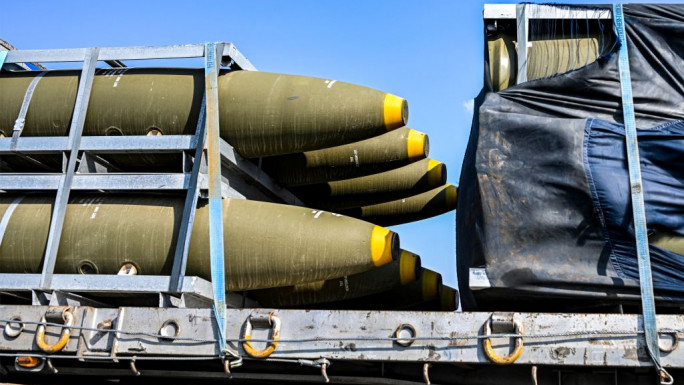
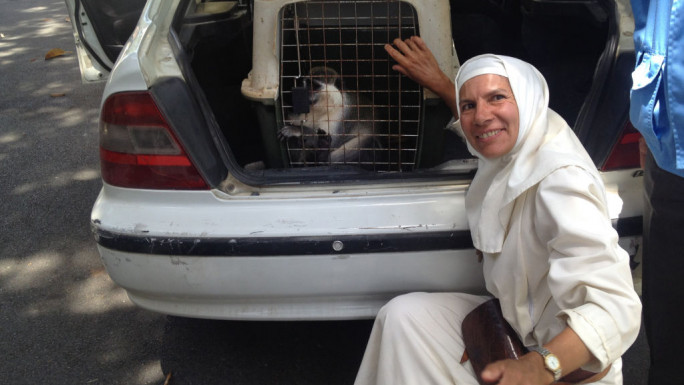
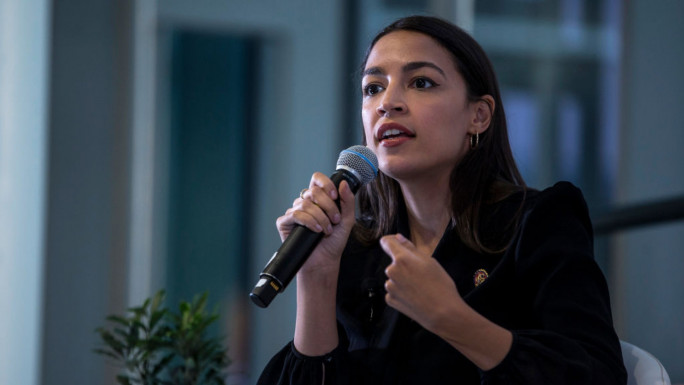
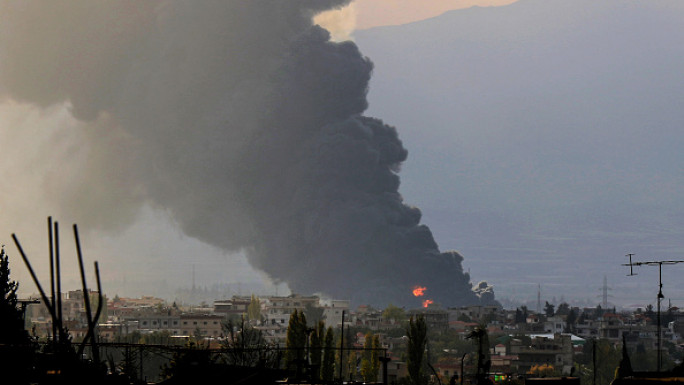
 Follow the Middle East's top stories in English at The New Arab on Google News
Follow the Middle East's top stories in English at The New Arab on Google News
